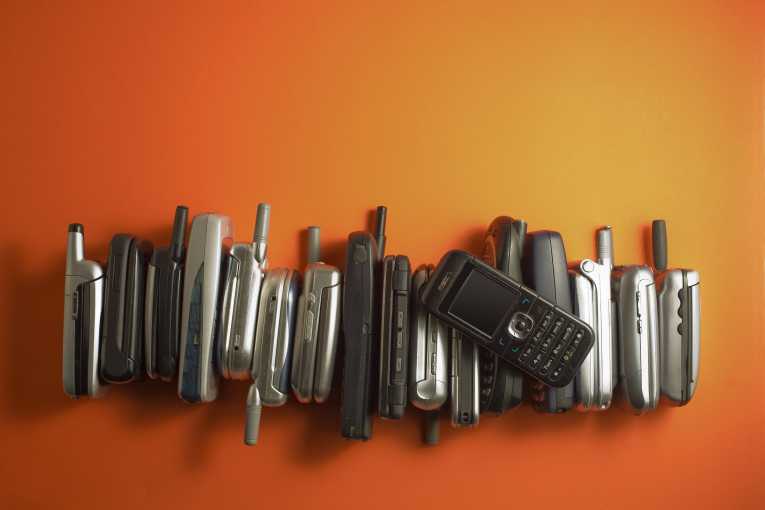The shameful problem of e-waste -- which shifts the world's burden of electronic waste onto poorer countries, where pollution often becomes a serious concern - may be a little nearer a solution, thanks to today's announcement of a research grant from the EPA.
The Environmental Protection Agency is making the grant to the United Nations University (UNU), to help boost its program for cleaning up the e-waste 'food chain' - an initiative monickered StEP: Solving the E-Waste Problem.
E-waste covers everything from TVs to mobile phones to electrical wires. Their complex make-up means that they often skip the 'reduce, reuse, recycle' philosophy taken up with gusto for other garbage. Even where electronic waste does flow through recycling centers, much of the world's end-of-line consumer electronics ends up in e-waste dumps in African and Asian countries.
In many such countries, the regulations for processing of waste can be lax, or non-existent, and attempts to extract valuable metals are fraught with health hazards - for those dealing with the waste and for local communities. It is to bring the whole e-waste chain into a better regulated and controlled system that the EPA is supplying $2.5 million to UNU's StEP program. It is also helping to collaborate with StEP across a number of vital areas.
Firstly, the partners are seeking to better monitor and understand the existing flows of e-waste; the idea is to move to a consistent approach in tracking, data-collection and information sharing globally. Secondly, the UNU's Institute for Sustainability and Peace hopes to set up pilot projects to demonstrate the best-practices in e-waste disposal and refurbishment.
Issues relating to border policing, so as to curtail illegal waste shipments, will be looked at. And in a 'Best of Two Worlds' approach, the initiative also seeks to enhance the recycling efficiency and responsible treatment of e-waste components in both the developed world and countries in economic transition which often are its recipients.
It's a tall order, but the rewards will be at many levels. In addition to reducing the health and pollution problems that results from the current system, better recycling approaches will unlock greater levels of wealth from the e-waste. And there is plenty of that to hand. It is estimated that 1 million mobile phones contain 20,000 lbs of copper, 550 lb of silver and 50 lb of gold.
As Konrad Osterwalder, Rector of UNU said ''The rapid pace at which electronic products are being replaced compels all countries to find effective ways to cope responsibly with their e-waste and recover the valuable resources within.''










